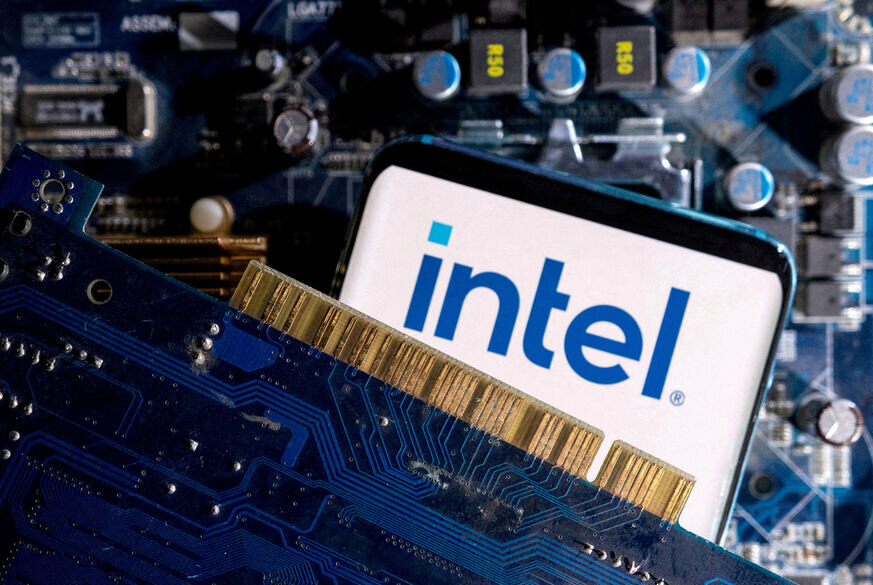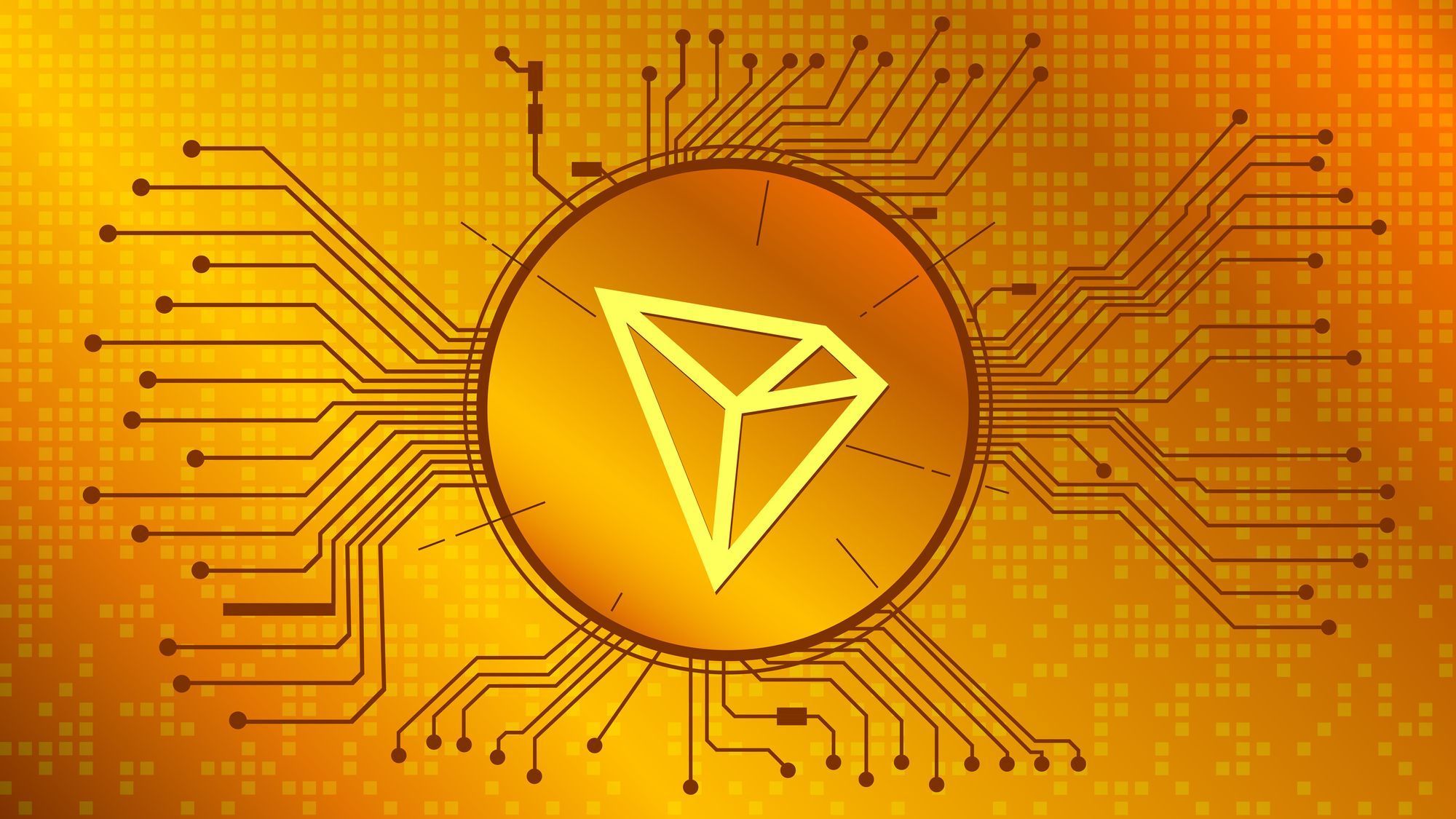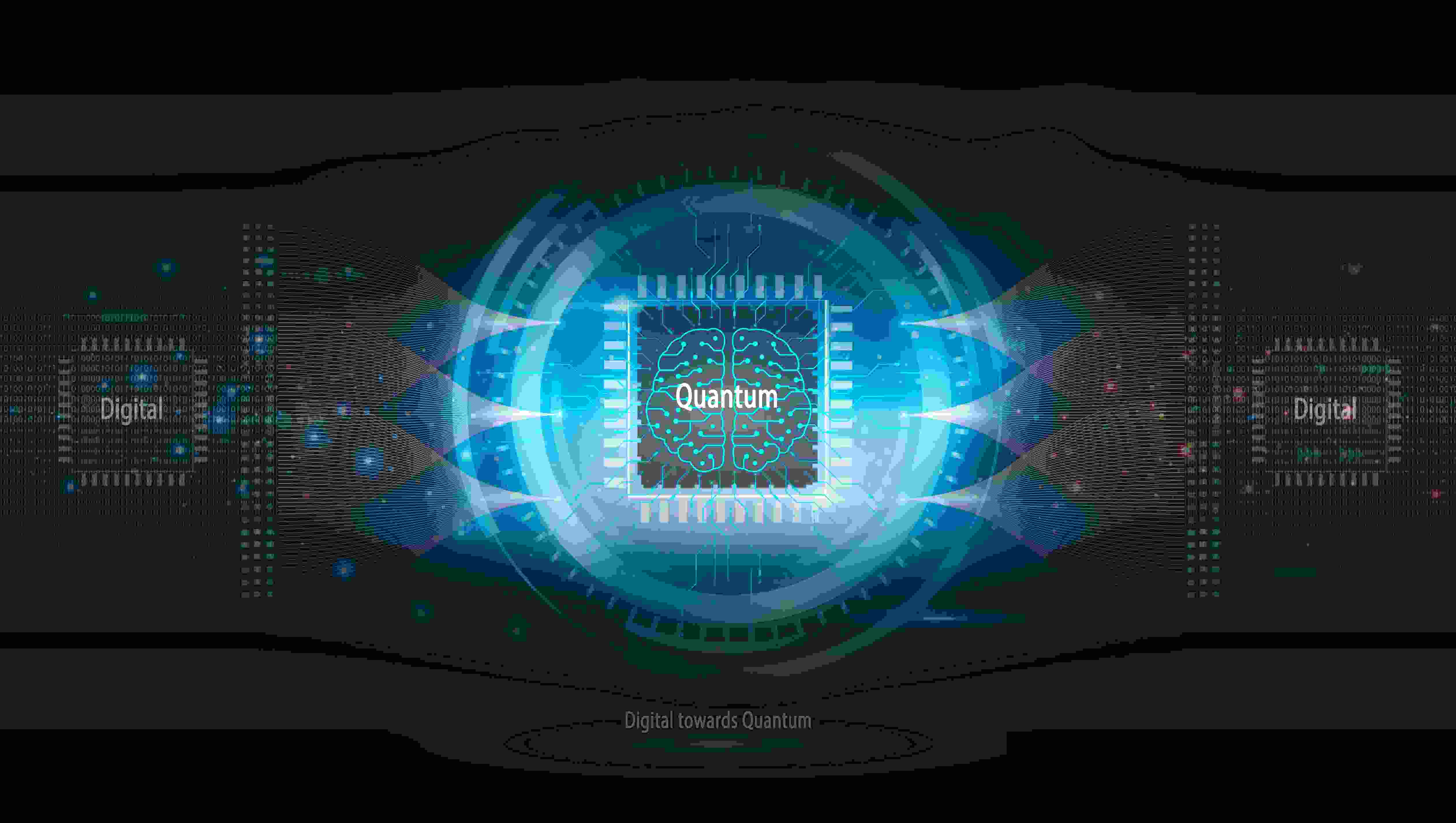Fade the rally in Intel stock: chip analyst

Investing.com -- Intel (NASDAQ:INTC)'s recent 20% stock rally, driven by speculation about a potential partnership with Taiwan Semiconductor Manufacturing (NYSE:TSM), may be based on "wishful thinking," according to Lynx Equity Strategy analyst KC Rajkumar.
The analyst suggests fading the rally, citing both business and geopolitical challenges surrounding Intel Foundry Services (IFS).
"Why would TSM wish to take a stake in Intel's IFS?" Rajkumar asks, highlighting TSMC's previously stated reluctance to operate overseas due to higher costs and limited local talent. He also points to IFS's "questionable performance at advanced nodes" and its ongoing losses, with Intel's CFO projecting a breakeven point no earlier than late 2027.
The analyst questions the strategic logic of TSMC investing in Intel's foundry business, particularly when global capacity at both leading and lagging nodes is no longer constrained.
Rajkumar also flags concerns around IFS's opaque relationship with external asset management firms and its "tortured relationship" with the US government via the CHIPS Act.
Beyond the business fundamentals, geopolitical dynamics add another layer of complexity. Rajkumar notes that potential "coercion, via threat of tariffs on semis imports," could be a factor pushing TSMC toward the negotiation table.
However, media reports on direct discussions between TSMC and the US government are "of questionable credibility," he adds, given that such matters typically require state-to-state engagement through Taiwan's government.
Rajkumar also points to recent developments in US-Taiwan relations as a potential backdrop for the Intel-TSMC speculation. The US State Department recently updated its website, removing language that explicitly stated opposition to Taiwan's independence.
"We think the two are connected," Rajkumar writes, suggesting that Washington might be seeking an “acceptable mechanism” to talk with the Taiwan government, and by extension, TSM.
However, the geopolitical calculus remains fraught, particularly given the likely reaction from China. "What may have been a simple matter of negotiation between two private companies, INTC and TSM, could get hopelessly entangled in geopolitical intrigue," Rajkumar cautions.
Ultimately, both business and geopolitical factors leave the analyst unconvinced about the deal's prospects. "We struggle to understand if there is a future to an IFS/TSM relationship," Rajkumar concludes. "We would fade the 20+% move up in INTC last week.








